5 Views· 11 November 2022
Improve your Vocabulary: Stop saying VERY!
Using the same word again and again is boring, which is why native English speakers use a wide variety of vocabulary to express their thoughts and feelings. In this vocabulary lesson, I will teach you how to express yourself more effectively by replacing the word "very" with more precise and interesting adjectives. For example, you can replace "very cold" with "freezing". This illustrates your point more precisely. You will sound more natural and intelligent. Using these adjectives on the speaking section of IELTS and TOEFL exams will impress your examiner and improve your score. Watch the video to discover many more examples of this kind of vocabulary substitution. Variety is the spice of life!
Next, watch my lesson on why you should stop saying OKAY: https://youtu.be/GuIPxcXwF30
TRANSCRIPT
"Getting from here to there, it's been a long while." Oh, hi. My time is finally here. James from engVid. I can't believe this, this is like the Mirror Universe. If you watch Star Trek, you'll understand; if not, go watch Mirror Universe with Star Trek. I have two, look at them, I have two Mr. Es. In the first one Mr. E is hot, and the first one Mr. E is cold. Let's go to the board.
E, what's up? "It's very hot. 35 degrees centigrade." You're right. I see you're wearing your Bermuda shorts. And the second E is saying he's very cold: "It's minus 30 degrees centigrade." Ow, this isn't good. I feel for you. But don't you think there are better ways to say it's very hot or it's very cold? I think so, and in today's lesson I'm going to teach some of you... Not some of you. I'm going to teach all of you how to get rid of the word "very" to describe everything, and use other words which give more information, which will make you sound more like a native speaker and make your writing phenomenal. Oh, "phenomenal"? That's a word for "very good". Are you ready? Let's go to the board.
So, today's lesson is on "very". "Very" is a very good word, that's why we use it, but when you're writing, to hear somebody say: "Very, very, very, very, very, very, very, very" is what we call monotonous, it means "mono" as one, "tonous", one tone, one sound - very boring. So let's change that from you being... You know, using "very" because I teach and I notice a lot of students saying things, like: "Teacher, today it's very cold outside." I'm like: -"Yeah, it is." -"And I'm very tired and very hungry." I'm like: "Okay, okay." It's like being punched in the face again and again, and I just want to say: "Stop with the 'very'. Use a different word." But it's not fair because "very" is a very good word-there, I did it again-we just need to find other words to make your language sound richer to improve it so you sound more like a native English speaker, and to make it more interesting for you because it will express more of who you are and your ideas in a better way. It makes you unique. You ready? Let's go to the board.
You'll notice I put "very" in red because this is something we don't want to do, we don't want to keep saying: "very". We want to change that up. And I'm going to give you a list of words that people or students usually say when they say "very" that I've heard many, many times. And maybe you've done this. And today I'm going to give you singular words to use instead. I'll explain them, just in case they're difficult.
Let's start with the first one. People say: "Very rude", instead of saying that, you can say: "vulgar". "Vulgar" means very rude, and if somebody says to me: "Your language is vulgar", I'll probably stop talking because it means it's not right, it's inappropriate, it's very bad. Vulgar. "I don't like your vulgar tone", your rude tone. It's strong. "Very short", another word we say is "brief", which means small. We had a very brief... We had a very brief conversation, a very short conversation. Cool?
"Boring". When you say: "Class was very boring today", you can say: "dull". "Dull" means very boring. It also means... See? Here's a bonus when you use these words, stupid. If you say someone is dull, you can say they're very boring, or dull meaning they're stupid. Don't use it like that too often; people don't like being called stupid. And if you say: "He's rather dull, isn't he?" I have to listen for context to mean stupid or boring. Next one, everybody's favourite: "Very good". "Teacher, the food is very good. The lesson is very good. I like this, it's very good." Why don't we change that to the word "superb"? Look carefully at the word "superb", you have the word "super" written inside it. "Super" means what? Above average, excellent, or superb, very good. "The food was superb." People don't usually use this word, so if you tell me when I cook for you that it's superb, I'm telling you right now I will take that as such an amazing compliment. Gentlemen, if you tell a woman she looks superb, she'll be like: "Thank you. Really?" Because no one says it. All right? […]


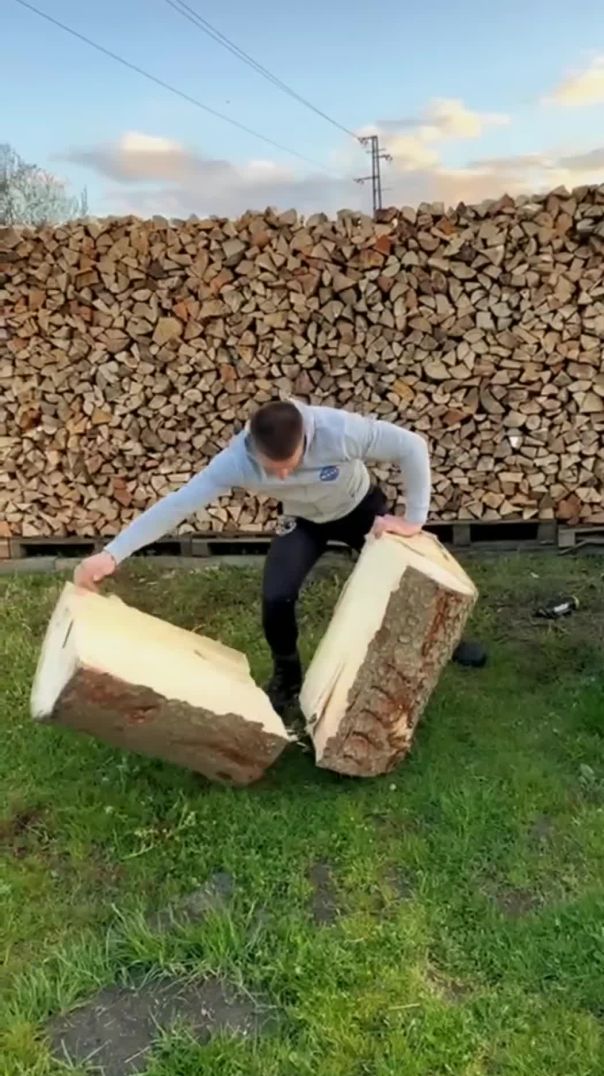
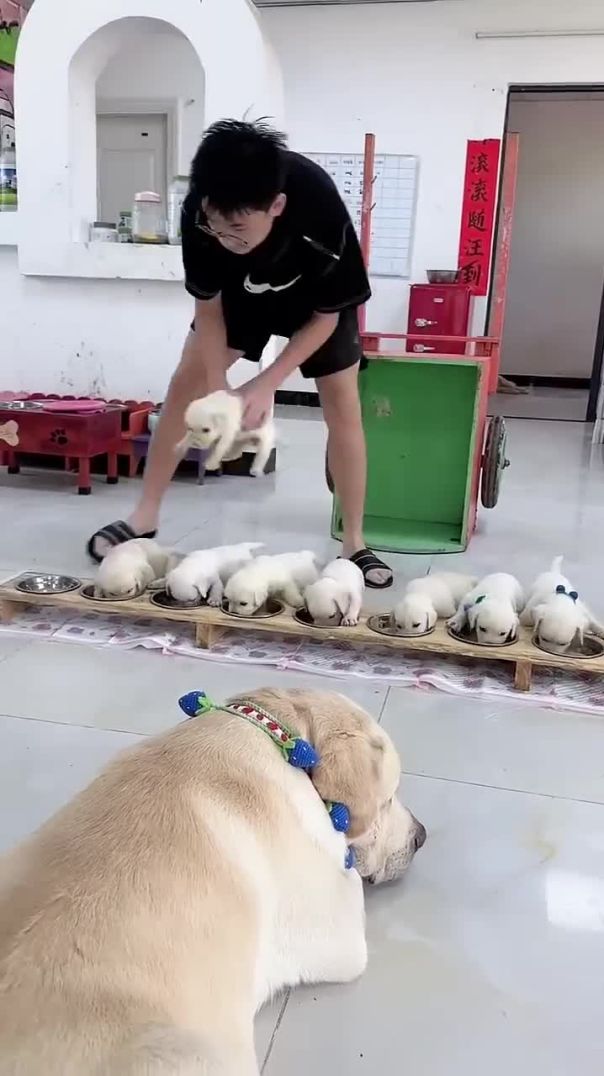
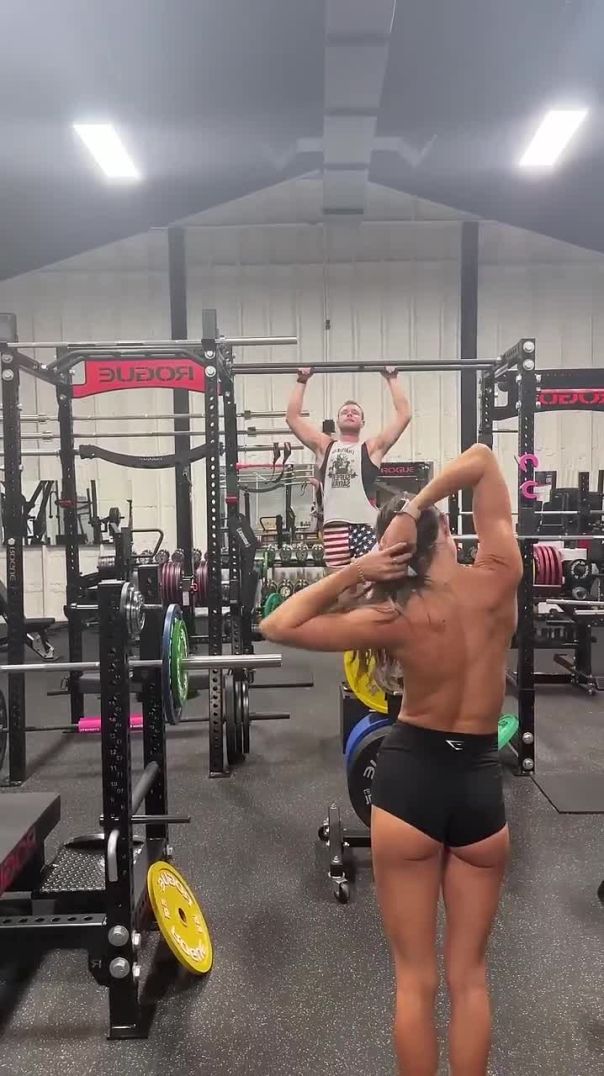
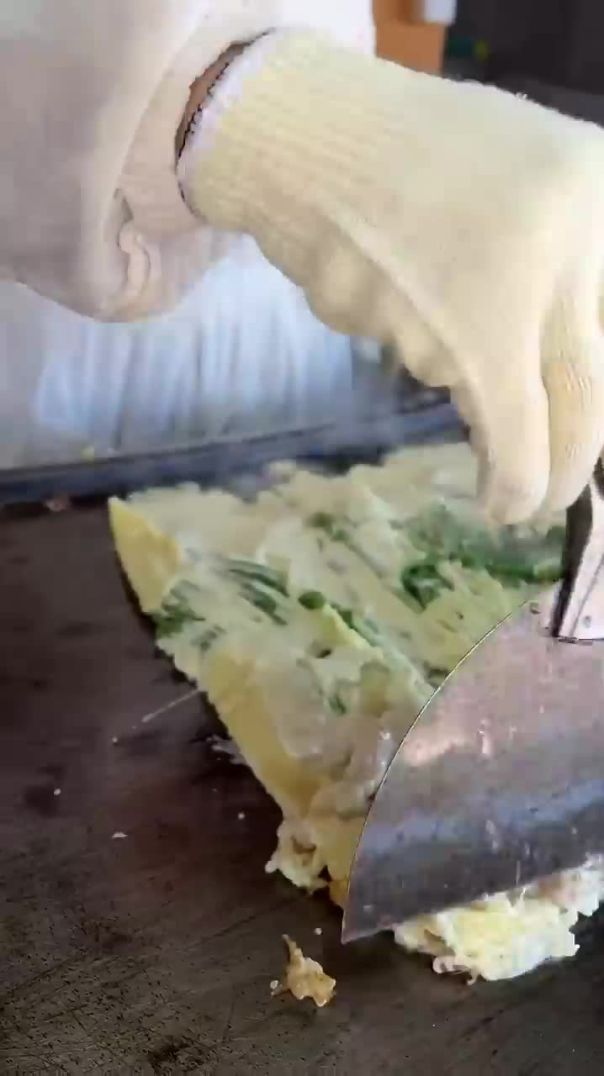
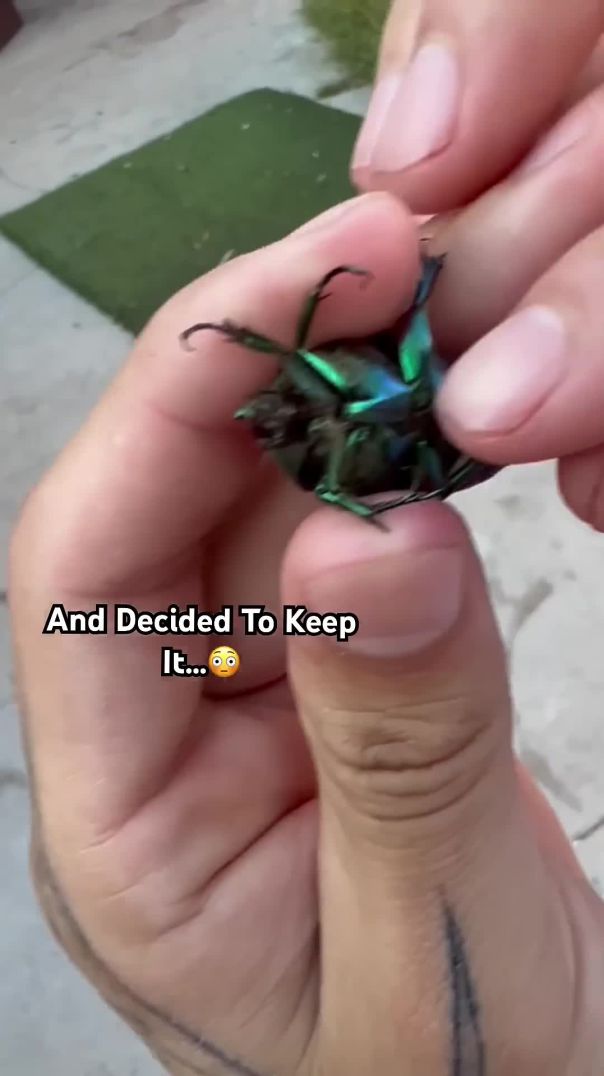




















0 Comments